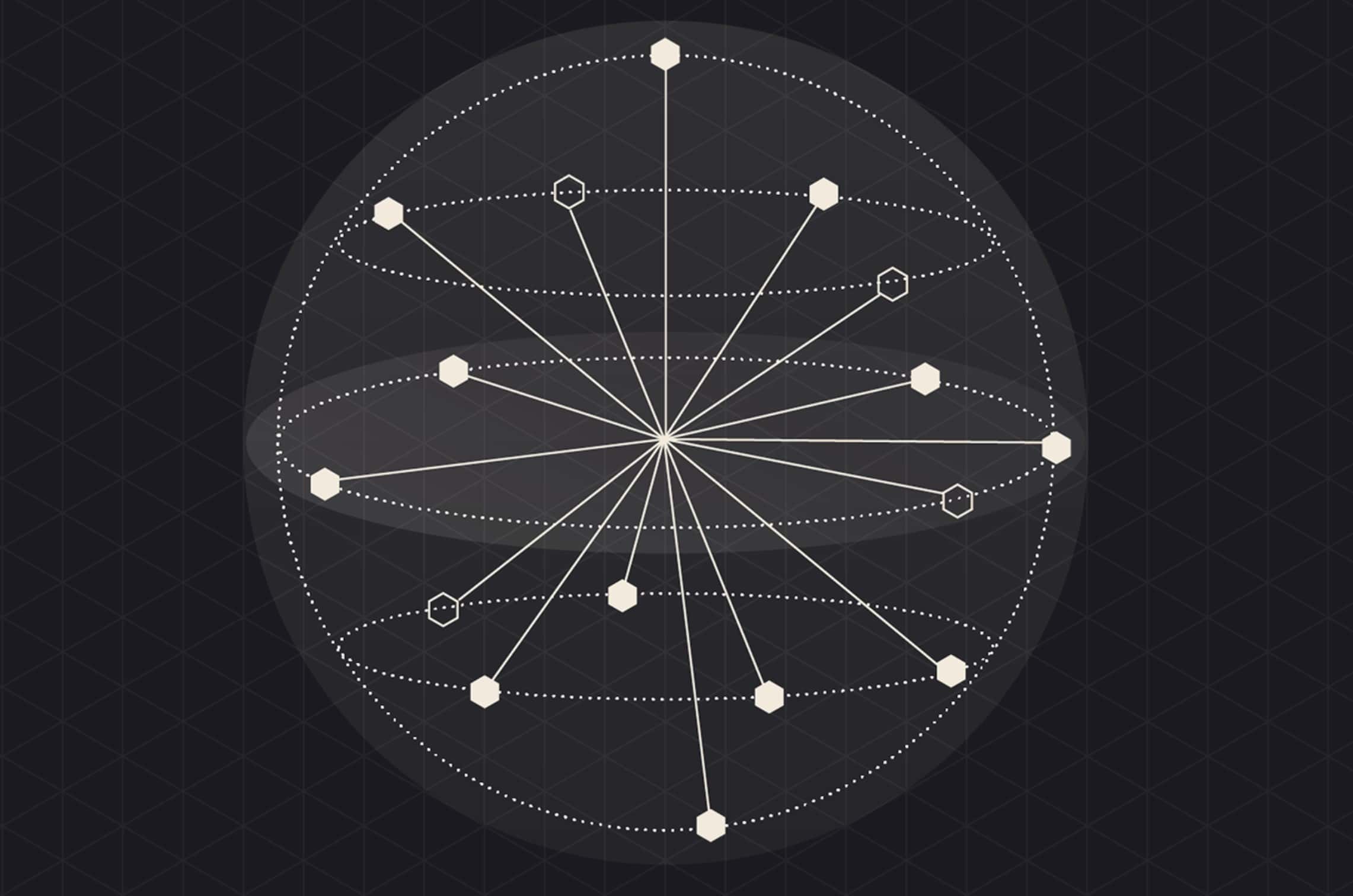Microsoft gets DARPA funding for Quantum Computer project
2 min. read
Updated on
Read our disclosure page to find out how can you help MSPoweruser sustain the editorial team Read more
Key notes
- This news is significant not just for the tech industry but for all fields that could benefit from a quantum computer’s unique problem-solving abilities.

Microsoft’s bold vision for a powerful, error-resistant quantum computer took a major step forward this week with renewed funding from the Defense Advanced Research Projects Agency (DARPA). The software giant is spearheading a project called US2QC (Underexplored Systems for Utility-Scale Quantum Computing), aiming to build a machine capable of tackling complex calculations beyond the reach of even the most advanced computers today.
The Key: Topological Qubits:
Unlike traditional qubits, Microsoft’s approach relies on topological qubits. These special qubits, based on the strange physics of topological superconductivity, are significantly more resilient to noise and errors, paving the way for a larger, more powerful quantum computer.
Building the Future:
The next phase of US2QC will see Microsoft develop a Fault-Tolerant Prototype (FTP). This prototype will showcase the feasibility of a full-scale quantum computer by handling information stored in thousands of physical qubits condensed into a smaller number of logical qubits.
DARPA’s Confidence Boost:
DARPA’s continued investment in Microsoft’s project signifies a strong belief in the potential of topological qubits. Dr. Chetan Nayak, a leading figure in the project, expressed his enthusiasm: “We are excited to continue working with DARPA as we turn this revolutionary technology into reality.”
Beyond Headlines:
This news is significant not just for the tech industry but for all fields that could benefit from a quantum computer’s unique problem-solving abilities. From drug discovery and materials science to financial modeling and cybersecurity, the potential applications are vast.








User forum
0 messages